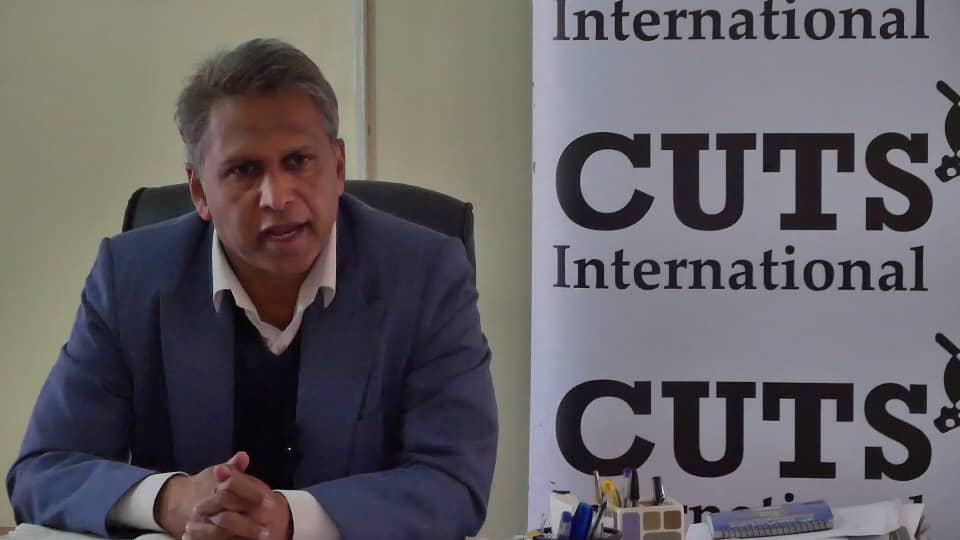25th September, 2022
Fight Inequality Alliance (FIA) Zambia National Coordinator Lutangu Daisy Mwilima says her Alliance’s initial fears, are real following the signing of the IMF deal.
Ms Mwilima was worried that the austerity measures that were predicted earlier were now coming to pass.
She added that the measures came at time when the cost of living was high for Zambia.
“People say there is hunger in their homes which is a reality. The Government must be seen to be reducing the cost of living but if they go by the prescribed conditionalities through the IMF package they published recently, then we are doing the exact opposite because the cost of living will go up,” she said.
Ms Mwilima cautioned that the removal of subsidies on electricity and fuel would increase the cost of production which would have a trickle down effect on the local people.
“While we are talking about cutting down on social spending, we are also at a point where we just reduce income corporate tax which entails that we are broadening the base of collecting taxes for the local Zambian citizens who already have limited means of livelihoods,” she said.
The FIAZ National Coordinator feared that Zambia was making it favourable for foreign direct investors which did not sit well with her Alliance because the idea was to bailout citizens and not multinational corporations.
“We challenge Government that yes these conditionalities have been published, yes you have signed the IMF deal but is there anything else you can do to ensure that IMF does not continue to affect the local majority of the Zambian citizens that will be worst hit by the same programme,” she said.
Ms Mwilima feared that the reform of the Farmer Input Support Programme (FISP) would affect food security because the exercise was a back borne of Zambia in terms of maize.
“Zambia has moved away from importing yellow maize because of FISP and we should not take away the strides that we have made as a country,” she said.
The FIAZ National Coordinator stressed that FISP reform should not be an opportunity to strike out the poor rural farmer as well as the women and youths that benefited from the exercise in order to sneak in big commercial farmers that could afford to farm on their own without FISP.
“We will be monitoring and we will be tracking to ensure that austerity measures being implemented do not worsen livelihoods of Zambians while it makes it better for foreign direct investors,” she said.





